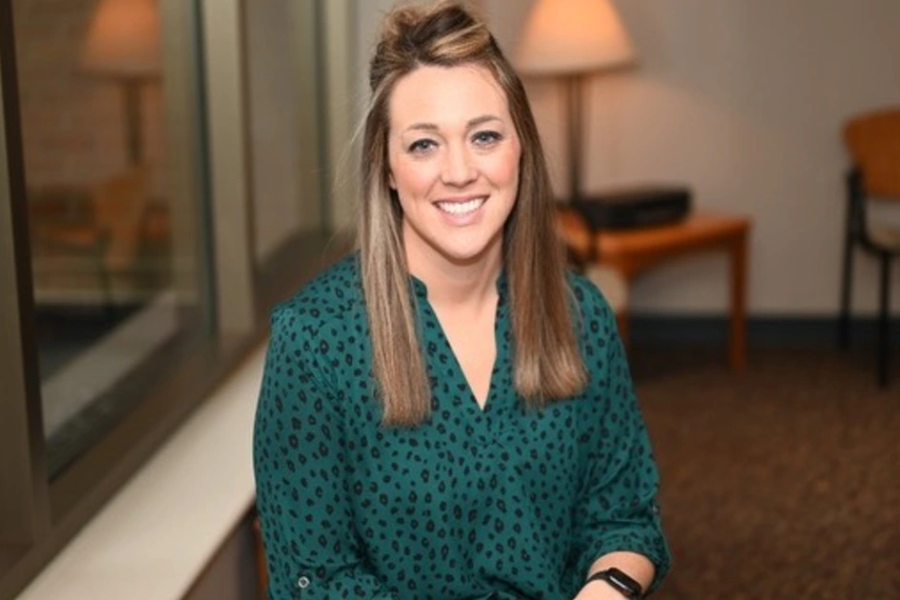Natasha Mae Fester Accident: The tragic death of Natasha Mae Fester in this heart-wrenching accident has cast a gloom affecting the entire community, literally putting life into perspective and how precarious it can be concerning road travels. It opened up conversations around road safety and mental health after the crash killed a beloved member of her community, Natasha Mae Fester. In this blog post, we investigate how this accident occurred, what it means for all of us, and, most importantly, an urgent call to action for mental health awareness, specifically among drivers.
Table of Contents
Details of The Accident
To contextualize the Natasha Mae Fester story, we need to know just how the accident occurred. Preliminary reports state the crash took place under normal driving conditions on what appeared to be a routine day. Still, additional studies found that several things had helped lead to the tragic episode. These are things such as possible distractors, road conditions, and, most significantly, the driver’s mental state. This part will decompose these aspects so the event becomes transparent, and such incidents should not happen for which a part of this event happened.
The Impact on Road Safety
In the aftermath of the Natasha Mae Fester accident, stringent road safety regulations have been discussed and highlighted. The tragedy has caused local officials to reconsider current traffic regulations and conditions. It’s not just about increased rules but a total driver attitude of safety and responsibility. The modifications made after the accident give more insight into what is required to avoid repeat tragedies.
How Mental Health Plays a Role in Driving
One of the most underappreciated parts of road safety is the mental health consideration of drivers. The accident of Natasha Mae Fester sounds like a warning that mental fitness does tie in with driving performance- mark my words. Poor judgment, delayed response times, and other mental health issues compounded by stress lead to fatal errors on the road. In this section, the correlation of mental health and driving will be dived into – pointing towards a greater awareness with interventions.
Ways to Enhance Road Safety
Accordingly, to avoid this kind of accident, we must implement some strategies for road safety. These actions include improving road infrastructure, better driver education programs, and enforcing traffic laws. Plus, adding technology such as advanced driver-assistance systems (ADAS) can reduce crashes. Communities that adopt these tactics can form safer driving practices and decrease the chances of catastrophes involving Natasha Mae Fester.
Encouraging Drivers To Open Up About Their Mental Health
In addition to tech solutions, encouraging drivers to be proactive in mental health is key. Introduction: Programs that support mental health aimed at the workplace must be taken to scale through a concerted effort by employers, leadership, legislation, and public health advocates. Even more of a difference could be made if we all saw shrinks on the regs, went to a stress reduction workshop, and had access to therapy. The final element of this section looks at how multiple strategies have been used to address drivers’ mental health and make active drivers safer.
Stories and Testimonials from Real People
Hearing personal accounts and testimonials from people with loved ones who face the consequences of illegal street racing could give a face to the statistics and illustrate just how critical prevention is. Activism in the aftermath of Natasha Mae Fester’s accident, for example, shows how deeply these types of events weigh on people. We can share our stories and hopefully breed empathy and an increased sense of commitment from so many supporting more action related to safety & mental health.
Conclusion
The Natasha Mae Fester accident is a poignant reminder to take mental health and road safety more seriously. Learning the causes and developing a holistic approach helps avoid another one. If we do it in memory of Natasha Mae Fester, let them have safer roads and happier, healthy drivers. As a community, we can take steps to make this a safer and more caring place.


